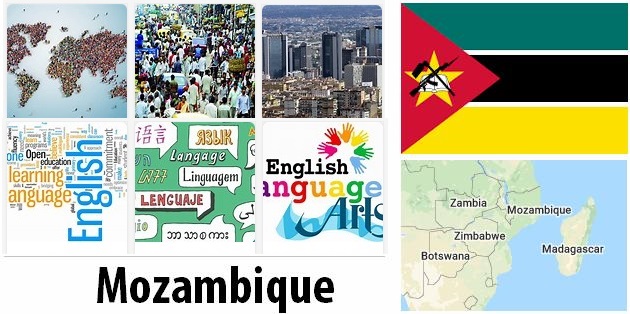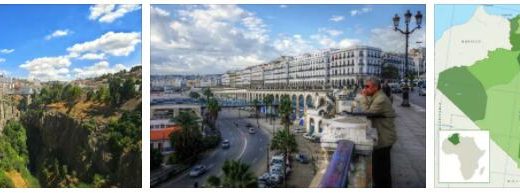Egypt History Part 6
The Suez Canal was opened in 1869. In 1873, according to militarynous, Egypt received greater internal independence from Turkey. But the increase in spending and growing debt led to the forced admission of a British and a French minister to the cabinet, then in 1879, Ismail’s dismissal. He was succeeded by his son Taufik (* 1852, † 1892), who reorganized the financial system. Nevertheless, a revolt broke out under Urabi Pasha in 1882, which allowed the British to occupy Egypt. The country became a British-Egyptian condominium in which the British had the leading influence. Abbas II Hilmi had ascended the throne in 1892. He ultimately had to go to the British Consul General Subordinate to Earl Cromer. After the dispute over Faschoda (Faschoda crisis) in 1898,France renouncedintervention on the Nile in the 1904 Morocco Agreement.
After Cromer’s resignation in 1907, the success of the national movement among the broad masses grew. Turkey’s entry into World War I in 1914 gave the British the opportunity to depose Abbas II and deploy Husain Kamil (* 1853, † 1917). Egypt was turned into a protectorate under martial law. Turkish-German attacks on the Suez Canal could be repulsed and Egypt made the starting point of the ultimately successful British attack on Palestine and Syria, which led to the collapse of Turkey in October 1918.
National opposition to British rule grew in Egypt. At the Paris Peace Conferences, an Egyptian delegation (Wafd) called for Egypt’s independence. As the crystallization core of the Egyptian national movement, the Wafd developed under Saghlul Pascha into a decisive political force in the country. Under their pressure, Great Britain lifted the protectorate in 1922 and recognized Fuad I, Sultan of Egypt since 1917, as king; but it retained the leadership of Egyptian foreign policy, the military presence in Egypt, the control of the Suez Canal and the administration of the Anglo-Egyptian Sudan. During the Wafd, led by Nahhas Pascha since 1927, called for the complete dismantling of British powers, Fuad sought a British-Egyptian compromise; domestic political conflicts arose.
After Fuad I’s death, his son Faruk ascended the throne in 1936. In the same year Great Britain contractually confirmed the sovereignty of Egypt and concentrated its troops on an agreed zone on both sides of the Suez Canal. During World War II, the northwestern coastal area was a war zone in 1942, but it wasn’t until February 1945 that the Egyptian government declared war on Germany. After the war, Great Britain withdrew its troops from Egypt – with the exception of the Suez Canal zone. In 1945 Egypt played a leading role in founding the Arab League. The establishment of the State of Israel on the soil of the former British mandate of Palestine (1948), Egypt and other Arab states tried in vain to reverse it in the Palestine War (1948-49). In Egyptian domestic politics, criticism of the internal state of the country, especially of the prevailing corruption, increased. The V. a. Muslim Brotherhood fighting against European-Western influences gained a strong position.
In July 1952, opposition officers who had secretly formed the “Committee of Free Officers” overthrew King Faruk. At the head of a revolutionary council, General M. Nagib took over the leadership of the country. In September 1952 he became Prime Minister, in July 1953 – after the proclamation of the Republic – at the same time President of the State; In 1954, however, he had to give up both offices in favor of Colonel G. Abd el-Nasser. The new rulers in Egypt initiated land reform; they banned the parties as well as the Muslim Brotherhood. After the introduction of a new constitution (1956), Nasser was elected president by the population.
In terms of foreign policy, Egypt also gave up its claim to this area with the termination of the Anglo-Egyptian condominium over Sudan. In October 1954, Egypt received a treaty guarantee from Great Britain that it would withdraw its troops from the Suez Canal zone. After the British government had kept this promise in March 1956, Nasser announced in July 1956, against the opposition of Great Britain and France, the nationalization of the Suez Canal Company (Suez Canal). In connection with the meanwhile heightened Egyptian-Israeli tensions (among other things as a result of the blockade of the Suez Canal and the Gulf of Aqaba for Israeli ships) this process solved the Suez War (October – November 1956). In the course of this war, Israeli troops advanced into the Sinai Peninsula and Anglo-French forces carried out an airborne operation on the Suez Canal. Under pressure from the USA and the USSR, the attackers had to withdraw by 1957; Egypt undertook to compensate the Suez Canal shareholders.
Under Nasser’s presidency, Egypt became increasingly the focus of the Middle East conflict. Within the Arab world, the Egyptian government supported decolonization efforts, particularly in Algeria, and promoted the pan-Arab movement. In 1958, Egypt merged with Syria to form the United Arab Republic (VAR). In the 1950s it rose in collaboration with v. a. with India and Yugoslavia to become one of the leading non-aligned states.



